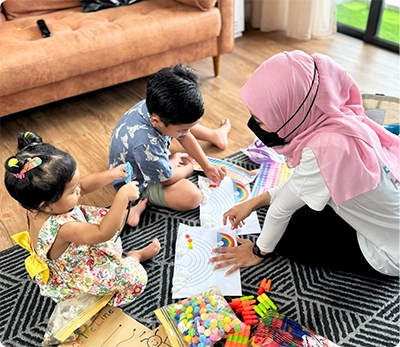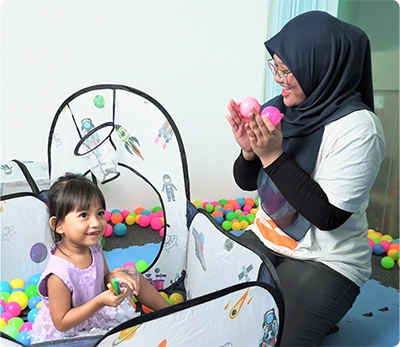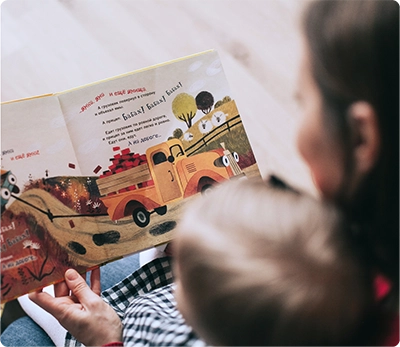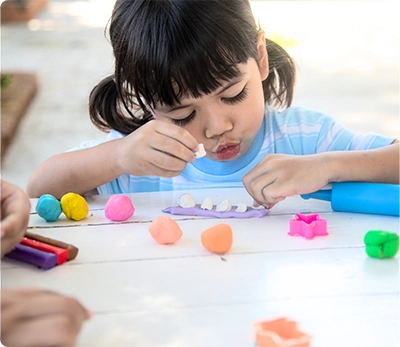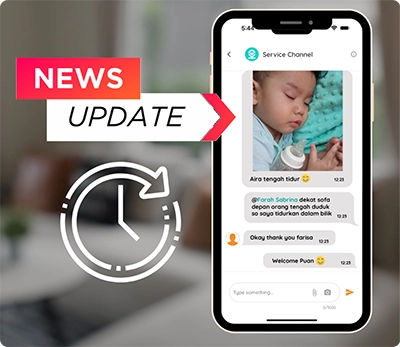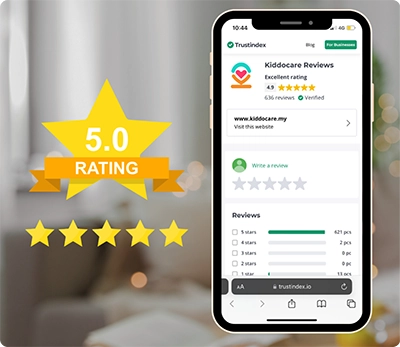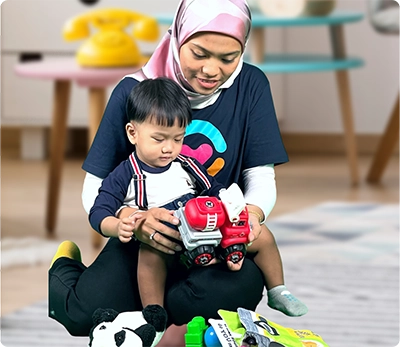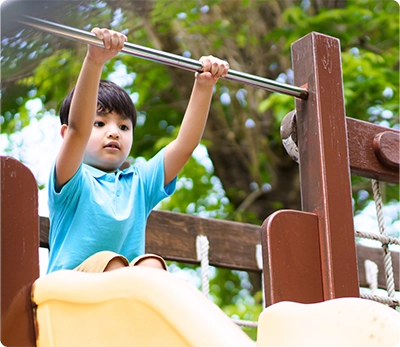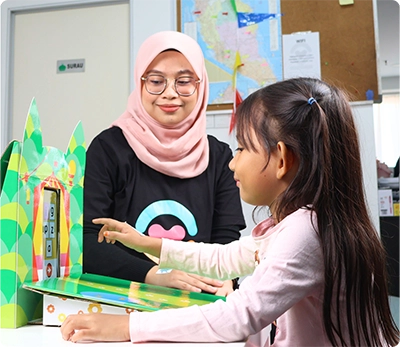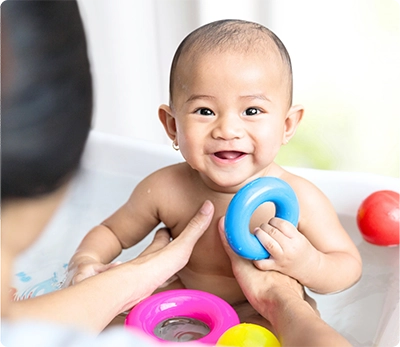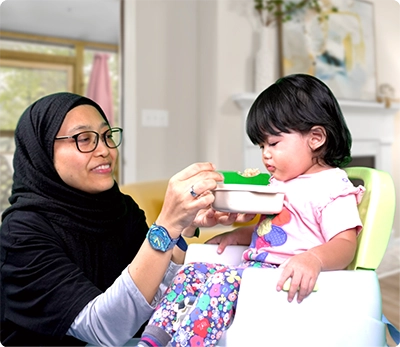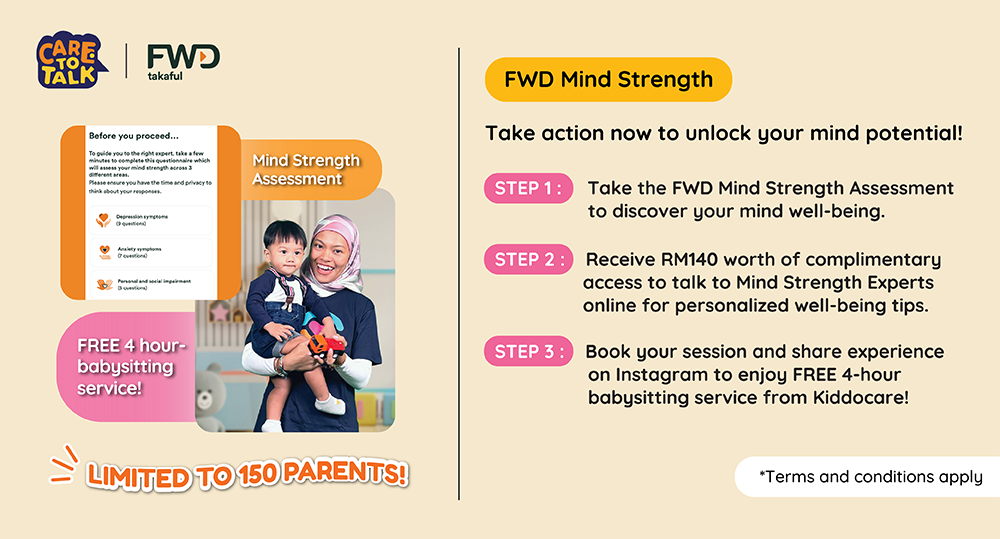Why Music is Great for Child Development
Why Music is Great for Child Development
As early as the moment they are born, children are naturally inclined towards music. It is normal for them to respond and learn through the music they hear. Music helps a child express his/her identity and heritage; it teaches them to belong to a certain culture, and also helps to develop their cognitive ability and self-worth. Parents have also been known to use music as a form of education or a relief tool for their children, so here are some benefits of music for children that can positively benefit them as they grow up.
1. Music improves their brainpower
It has been scientifically proven that music helps to improve children’s memory functions and brainpower as a whole. Probably due to the soundwaves generated by music, it was found that a musician’s brain works differently than that of a non-musician, and that children who grow up being constantly exposed to music while growing up tend to have better academic results as well compared to those who were not. This is because music stimulates brain cells at the part that is responsible for the children’s reading, mathematical, and emotional skills.
2. They develop social skills with music
Children will grow up and develop their own social skills and gain their own sets friends in different points in their lives. Helping them learn how to play a musical instrument or two, or encouraging them to be a part of a singing group can not only help them build their interest in music, but also help them connect with other people with the same interests and skills. This then helps them develop their social skills, like relating with people, teamwork, leadership, and discipline. Plus, they may also gain a sense of achievement in making music together.
3. Music builds their confidence
Learning how to play a musical instrument may be a useful lesson to learn for children who may be having problems with self confidence. When the child develops the sense of achievement from making a meaningful musical piece of their own, it gives them that confidence boost and self belief that they require in performing greater tasks in the future. Naturally, as they accomplish more complicated pieces of music, they will gradually improve and become even more confident in their abilities in not just music, but in almost everything they do.
4. Music inspires creativity
It’s hard to argue with the fact that musicians are indeed creative people. Children who are musically inclined will tap into their creativity while playing with their instruments. They may stumble on a new refreshing way to play it, or completely create a new number of their own. This will give them an edge later in life.
5. Music teaches patience and discipline
When children are playing with others in a group; they learn patience, taking turns and how it affects others. They also learn how to work together with others in making music. Learning how to play a musical instrument or become a better singer requires discipline, a lot of patience and practice. When children are into music, it teaches them the importance of discipline and working hard. In order to get better, they know that they will need to put in lots of effort and time, which will then help them become more disciplined as they pursue their goals in the future.
Well, now that you know what music can do for children in their development, here are some simple and fun ways to make it part of your routine:
- Sing to them before they sleep (nursery rhymes, bedtime stories, etc)
- Randomly sing ourselves a line or two from any song we like so that they do notice us when we’re singing. Children are great mimics!
- Teach them some songs to add to their routines such as when they brush their teeth or songs to help them remember the names of the planets.
- Turning on the music in the car with children around.
Music is a positive influence in children’s lives, so get them exposed early and see the benefits as they explore it themselves!















